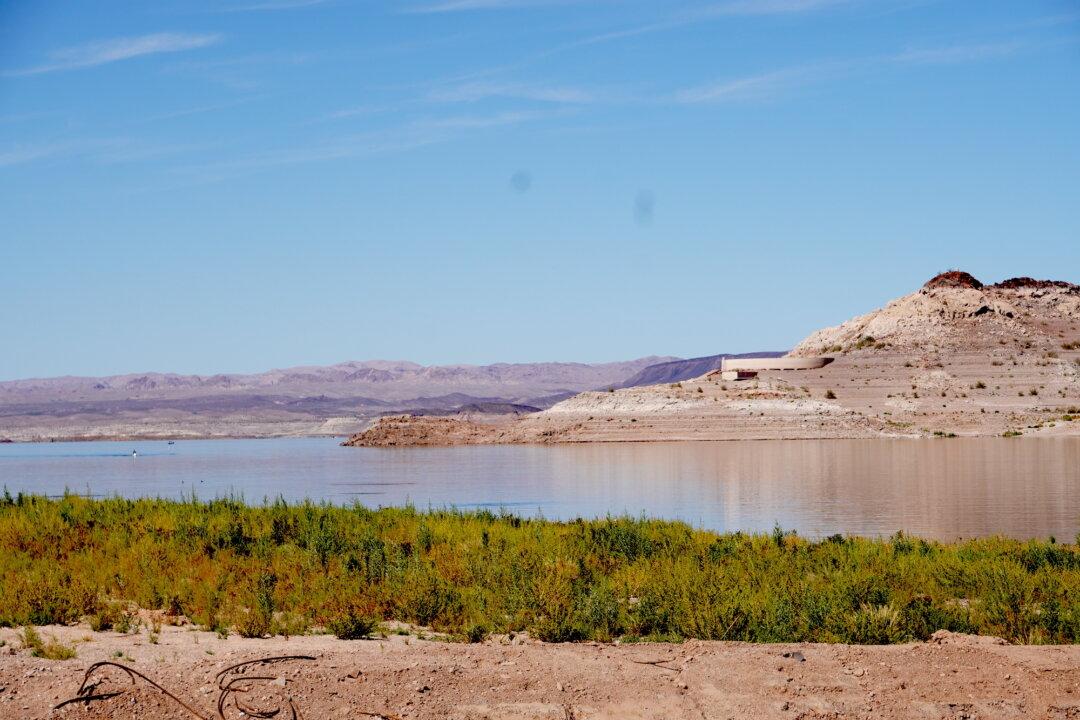Residents of the Rio Verde Foothills in Arizona have been frantically hoarding water since the start of the year after nearby Scottsdale cut off their water supply, citing an extreme drought.
In an announcement at the end of last year, the Scottsdale Office of Communication said that residents of Maricopa County had been warned multiple times that the water supply was set to be turned off as it needed to focus on providing water to its own residents.




